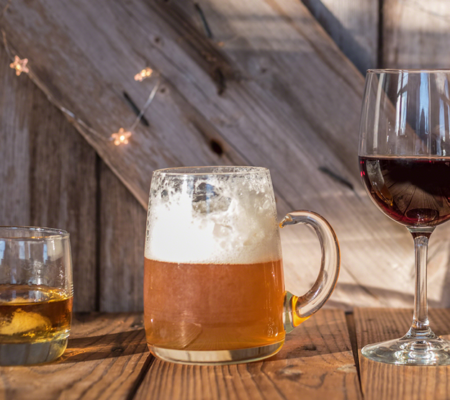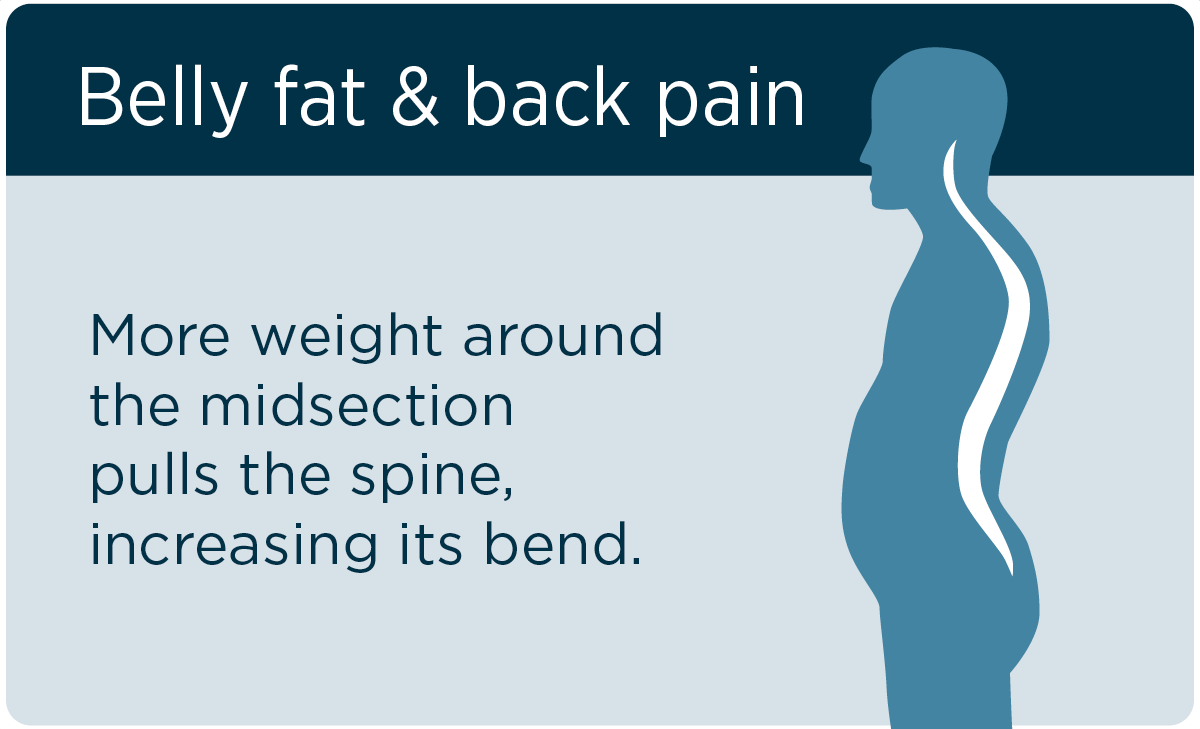Embarking on a weekend filled with Midwest traditions like fish fries, ice fishing, and college or NFL football games often involves the presence of alcohol. However, it’s crucial for men to be aware of the potential risks associated with a drinking problem, including alcoholism, binge drinking and other issues.

Understanding alcohol dependence
Statistics show that men in Wisconsin are more than twice as likely as women to develop alcohol dependence.
“For decades, alcohol has been a part of Wisconsin culture, but it’s important guys clearly understand the dangers to their health and importance of moderation,” said Kirsten Vetterkind, a Marshfield Clinic Health System family medicine nurse practitioner. “Many people are part of families in which it’s normal behavior to have six beers on Friday and then follow it up that weekend with six more beers during a Packers game.”
For men under 65, keep your alcohol consumption to no more than two drinks per day. Women may consume one drink or less per day. People older than 65? No more than one drink per day.
Examples of one drink are:
- Beer – 12 ounces.
- Wine – 5 ounces (about a half glass).
- Distilled alcohol (gin, whiskey, vodka, etc.) – 1.5 ounces.
Health impacts of a drinking problem
While some studies have suggested alcohol in moderation can have some health benefits, including cardiovascular benefits, drinking too much can lead to health issues. Among them are:
- High blood pressure, heart disease
- Depression and anxiety
- Liver failure
- Cancer (breast, mouth, throat, esophagus, liver and colon)
- Weakened immune system
- Learning and memory problems like early onset dementia
- Relationship problems
“Men also are more inclined to take risks than women. Those risks include driving while drunk and unprotected sex,” Vetterkind said. “Those risks don’t only affect you; they can potentially impact the lives of others.”
Binge drinking awareness
Binge drinking is when you drink enough alcohol to bring your blood-alcohol content up to the legal limit for driving. That works out to about five alcoholic drinks for men or four for women in less than 2 hours.
Binge drinking is a prevalent concern, with men in Wisconsin averaging 12.5 binge-drinking episodes annually. That’s roughly four times more than women, according to the Centers for Disease Control and Prevention (CDC). Contrary to common misconceptions, occasional binge drinking is not a safe practice and can lead to health problems and an elevated risk of alcohol dependence.
“Binge drinking can lead to health issues and also puts men more at risk for developing alcohol dependence,” Vetterkind said.
Have an open dialogue about alcohol use
Addressing alcohol-related issues can be challenging, but it is vital for men to speak openly about their drinking habits, especially if it is a problem.
Vetterkind said most often male patients lie and simply say they never have more than two drinks per day.
“The key is trust,” Vetterkind said. “All patients need to know that any conversation with their doctor is protected by law. We as doctors don’t want to lecture you. We want to help, but we have to know the truth.”
Talk to your primary care provider if you think you have a drinking problem.
Schedule an appointment Message your provider
Related Shine365 articles
Metabolizing alcohol: The effects on the body
Alcohol and drug screening: Tools for better health care
Alcohol can impact atrial fibrillation
How to quit smoking, vaping or chewing in Wisconsin






Leave a Reply